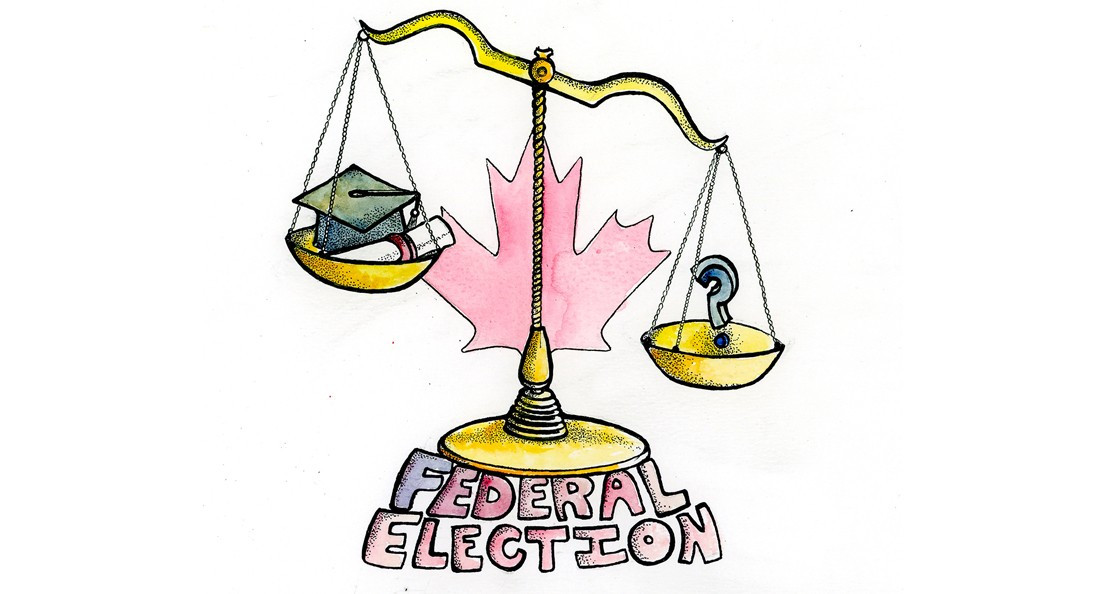Progressive Conservatives win second consecutive majority
A look ahead at potential policy toward post-secondary education
On Wednesday, Sept. 10, Brian Pallister led the Progressive Conservative Party (PCs) to win their second consecutive majority provincial government. The New Democratic Party, the official Opposition, gained six seats, while the Liberal Party dropped one seat, losing official party status.
Numerous elected members of the legislative assembly studied at the University of Winnipeg, including Nello Altomare, Uzoma Asagwara, Wab Kinew, Cindy Lamoureux, Andrew Micklefield, Bernadette Smith and Rochelle Squires.
While issues surrounding post-secondary education were not front and centre during the campaign, the PCs made a number of promises in their platform.
During Pallister’s first term, his government contributed $6.75 million to post-secondary scholarships and bursaries, which added on to $16.7 million of private-sector funds raised by the educational institutions. According to the PCs’ 2019 platform, they have pledged $10 million toward scholarships and bursaries if post-secondary institutions are able to raise $20 million.
According to Statistics Canada, the average undergraduate tuition for Canadian citizens studying in Manitoba during the last school year was well below the national average. For example, fees for studying “physical and life sciences and technologies” were $4,111 per year (only higher than those in Quebec and Newfoundland and Labrador), whereas the Canadian average was $6,395.
In terms of employment opportunities, Pallister’s platform pledged to “expand demand-led training opportunities” and to “ensure post-secondary training is aligned with the labour market to give our students the best chance for rewarding careers.” No specific details were available in the platform with regards to how the government would accomplish these goals.
Since their election victory in 2016, the PC government has made some changes to post-secondary education. In May 2017, Pallister directed institutions to reduce the size of management staff by 15 per cent. In the 2017 to 2018 budget, while funding for post-secondary was increased by 0.29 per cent from the year before, this was beneath the inflation rate. That same budget also cut the Tuition Fee Income Tax Rebate and Advance Tuition Fee Income Tax Rebate.
The University of Winnipeg Students’ Association president Meagan Malcolm commented on the provincial election outcome in a written statement.
“We call on the incoming provincial government to make investing in post-secondary education a priority,” it states.
“In Manitoba, government funding for education has been consistently decreasing,” Malcolm says. “This leads to an increase in tuition fees and increases barriers, especially for students coming from marginalized and under-represented communities.”
“We call for immediate action from any incoming provincial government to restore and increase levels of funding so that all students in Manitoba have an equal opportunity to participate in and benefit from post-secondary education.”
There was no mention in the PCs platform of tuition reductions or increases. However, they did promise to “develop strategic mandates with colleges and universities that receive operating funding to focus on outcomes, and reducing red tape.” The PCs did not respond to The Uniter’s requests for an interview.
The Manitoba legislature is scheduled to resume sitting on Wednesday, Oct. 2.
Published in Volume 74, Number 3 of The Uniter (September 19, 2019)








